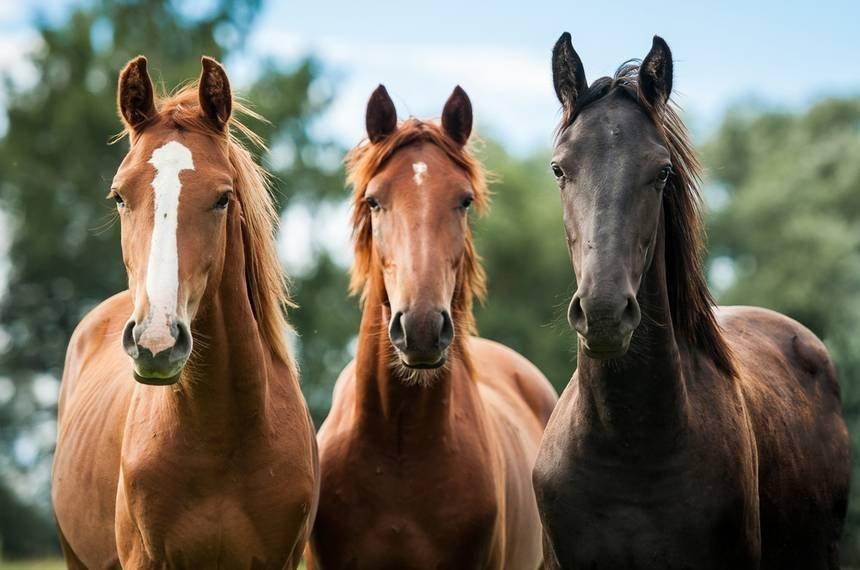Press Release
(Salt Lake City) – As concerns increase in the various horse event centers, stables, clubs and horse communities in Utah concerning equine herpes virus 1 (EHV-1) and equine herpes myeloencephalopathy (EHM), Dr. Barry Pittman, Utah State Veterinarian at the Utah Department of Agriculture and Food (UDAF), has issued some follow-up words of caution.
“First and foremost, there have been no confirmed cases of EHV-1 or EHM in the State of Utah,” Dr. Pittman emphasized. “However, considering the cases in surrounding states, the nature of the virus, and the co-mingling and stress levels of horses in event circuits, we are certainly susceptible to future cases.”
The Equine Disease Communication Center (EDCC, @ https://www.equinediseasecc.org/) has reported the following cases of EHV-1 and EHM cases: There have been sporadic reports of these diseases in April, as well, in Nevada, Idaho, California, Wyoming, Texas, and Canada.
Pittman said that increased biosecurity measures by organizers of Utah events, the postponement and cancellation of some events, and some horse owners electing to not participate in certain events has likely been a factor in no positive cases in Utah this year.
“Continued situational awareness concerning cases and quarantines in surrounding states, events epidemiologically linked to horses that may have been exposed, and diligence in monitoring individuals’ horses’ health will all help control the spread,” Dr. Pittman suggested.
To reiterate the uniqueness of this virus, nearly all horses become infected with EHV-1 within their first two years. The initial exposure generally occurs in foals from contact with their dams (female parent). The virus can then become inactive in the horse’s body, setting up a life-long carrier state.
Horses of any age that are carriers of EHV-1 do not show any external signs of disease when the virus is in an inactive form. However, the virus can be reactivated during times of stress, such as strenuous exercise, long-distance transport or at weaning.
“This means there will never be an ‘all clear, no further risk’ as long as horses are brought together from multiple geographic locations,” Dr. Pittman stated. He is encouraging horse owners to seek information from reliable sources, contact event managers from events they plan to enter, increase health checks of their horses and stay at home for now if they don’t feel comfortable traveling with their horses.
Veterinarians across the state are encouraged to call the State Veterinarian Office if they suspect they may have a case of EHV-1 or EHM and/or have collected and submitted laboratory samples to test for these viruses.
A special phone call briefing will be held on Wednesday, April 17 at 11 a.m. (MST) where the State Veterinarian Office will provide an update. To join the call, dial 877-820-7831 then enter 416837 as the passcode.


